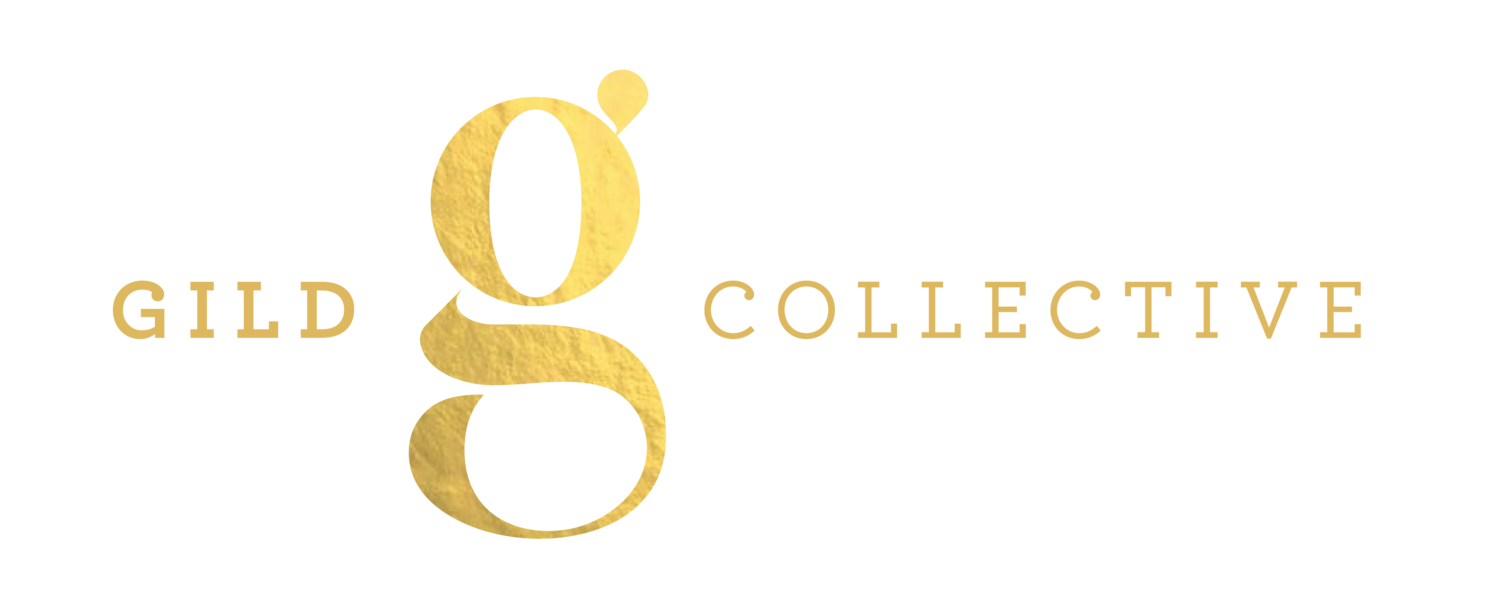This post comes from Paula Gorman, the Founder/Owner of Lift Up Career Coach.
I have good news and not-so-great news.
The not-so-great news is that writing a resume is not fun. The good news is that it can be painless.
I’ve been the applicant and the hiring manager many times, so I know firsthand what works and what doesn’t. Whether you are writing your first resume or your 100th and are not hearing back from recruiters or hiring managers and want to re-evaluate your resume, these best practices are for you!
Your resume should reflect you and there is not a rule that says it has to look any specific way, however after reviewing hundreds of resumes, ranging from entry level to C-Suite level folks, I do feel strongly about a few things:
One page is plenty: you should be focused on your accomplishments, not listing your responsibilities. Which means, you probably only need a few bullets per role (speaking of -- use bullets, not paragraphs please)
Delete the objective/summary section: it is outdated. And more importantly, it is limiting because it will be focused on a particular thing you want to highlight which will then bias the reader’s view of your expertise and experience
Quantify your accomplishments: numbers catch the eye and pop from the page. Wherever possible, quantify what you achieved. For example, rather than saying “Doubled efficiency on my team by implementing tools & processes”, write “Reduced resources by 50% by implementing tools & processes”
Be specific: in the example above, I was too vague. Try this instead: “Reduced operations resources by 50% by implementing a software tool that automated processes and communications, resulting in $100K annual savings.” Candidly, companies like to see any place where you’ve reduced cost to their business, so definitely highlight that if that’s true for you
Be self-absorbed: talk about YOUR accomplishments, not your team’s or your department’s accomplishments. Sure, your team is now more efficient, but call-out how you got them to be so
Your resume should tell a story and illustrate your awesomeness. Have you been promoted multiple times? Show that. Have you expanded your role and absorbed more responsibilities? Focus on those things.
The storytelling aspect also lends itself well to those of you who are changing your careers. I’ve made a couple of pivots in my career, in both industry and role. I’ve successfully made the shifts by making sure to illustrate the patterns or allay any concerns about my candidacy.
When I wanted to get into tech with zero previous experience in the space, I focused on demonstrating my curiosity and willingness to learn, my ability to expand my responsibilities, and how I’d successfully taken on projects outside of my function. My aim was to make the hiring manager comfortable that I wouldn’t require too much oversight and that I could excel in a new industry.
When I felt pigeon-holed into a career that was no longer fulfilling me, I looked back at things I had gravitated toward in all of my roles -- things that may not have been obvious by my title. When I figured out the type of role I wanted, I made sure to showcase the related responsibilities in each role I’d had so that it became a noticeable pattern.
That made clear my fit for the role where my titles hadn’t.
It is also in your best interest as an applicant to tailor your resume to the role you are applying for. If the job description is more focused on one aspect of the role, amplify your experience in that area. This will help you make your way through applicant tracking systems which literally pull keywords from the job description to see if they match those on your resume. It’s also nice for the hiring manager to not have to sift through things they may not be totally applicable to the role. Remember, they only give your resume a 7 second review on average!
One last note, make sure your Linkedin profile is up to date as well - that is THE thing the recruiter and hiring manager will look at. It should mirror your resume closely. Be sure to use the skills function to add relevant expertise -- ATS (applicant tracking systems) pick these up. Ask former colleagues to provide public recommendations and link to any portfolios, articles, or other work products.
If you’re interested in more details, check out my Instagram @liftupcareercoach where you’ll find everything from resume to interview to salary negotiation advice. I offer free resume and Linkedin guides, plus a salary negotiation ebook (for purchase).
Paula Gorman leads Formation’s Customer Success Operations team and is the Founder/Owner of Lift Up Career Coach. She has worked in a number of industries, across several verticals, which allows her to bring breadth and depth of experience to her coaching. She has successfully pivoted her career and doubled her salary in the last two years and aims to share her knowledge and strategies with others. Her coaching focuses on helping her clients find their right role, job search strategy, interview preparation, and salary negotiation with an emphasis on empowerment and bolstering her clients’ successes. When Paula isn’t working, she can be found hiking the Bay Area trails with her two dogs, playing golf, or planning her next adventure.


